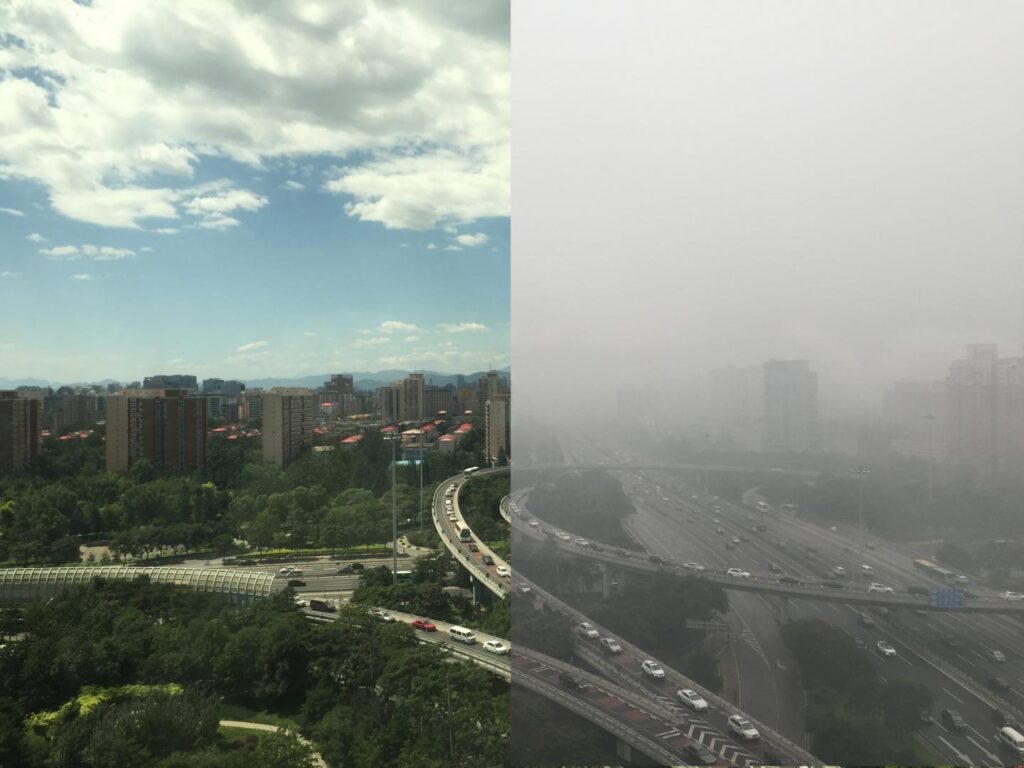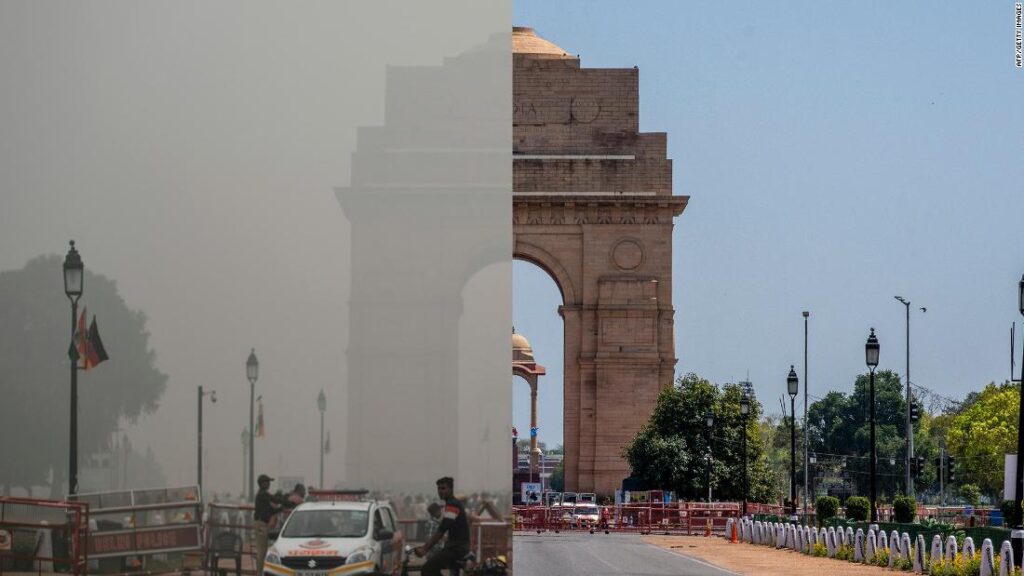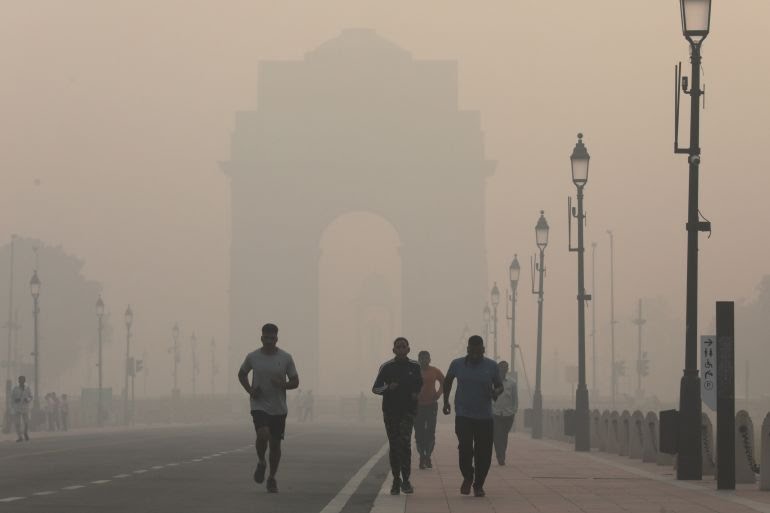Polluted air is a threat that perhaps too many people still underestimate, despite it millions of dead every year. A recent study from the University of Chicago revealed a worrying truth: breathing polluted air can reduce our life expectancy more than smoking.
How are we placed in the world? Some nations are making significant progress in the fight against pollution, others are facing growing challenges. Let's look at the data closely.
Polluted air: silent killer
The air we breathe has a direct impact on our health. While many are aware of the dangers of cigarette smoking, few realize the devastating effect of polluted air on our longevity. The EFSA and ECDC's One Health report published by the University of Chicago's Energy Policy Institute speaks very clearly: air pollution is now identified as the main threat to public health globally, reducing average life expectancy by 2,3 years.
China: a recovering giant

China, long a land of skies darkened by smog, is now trying to emerge as a model for improvement. From 2013 to 2021, the world's second largest economy improved air quality by more than 40%.
This remarkable progress has led to an increase in the life expectancy of its citizens by more than two years. But how did China make such a shift?
It all started in the early 2010s, when an influential real estate mogul launched a social media campaign, highlighting Beijing's air quality data published by the US embassy. A move that has pushed the Chinese capital to be more transparent about pollution levels.
Public demand has not stopped, and the central government launched a “war on polluted air” in 2013. Today, nearly 25.000 emissions monitoring devices are installed in factories and plants across the country, providing hourly updates on emissions data accessible to the public.
India: the road is all uphill
For a China slowly trying to fix things, from 2015 to 2023 more than 50% of the world's life years lost are in four South Asian countries (India, Bangladesh, Nepal and Pakistan). India in particular, it alone contributed for almost 60% to the increase in global air pollution during that period. If India were to adhere to WHO guidelines on particulate pollution, the life expectancy of residents of the capital, New Delhi, would increase by 12 years.

Polluted air: awareness is needed. Right away
The severity with which a country addresses its air pollution problem depends in part on public awareness. Michael Greenstone, professor of economics at the University of Chicago, points out that knowledge of the health risks related to poor air quality is low in many African and Asian countries, which suffer the worst consequences.
“Improvements in air quality are often driven by public opinion,” he said. And it will be worthwhile for public opinion to really become aware: in addition to premature death, prolonged exposure to polluted air can cause a series of diseases, including heart disease, lung cancer and diabetes.
They are not numbers, but represent real lives and the quality of our existence.


